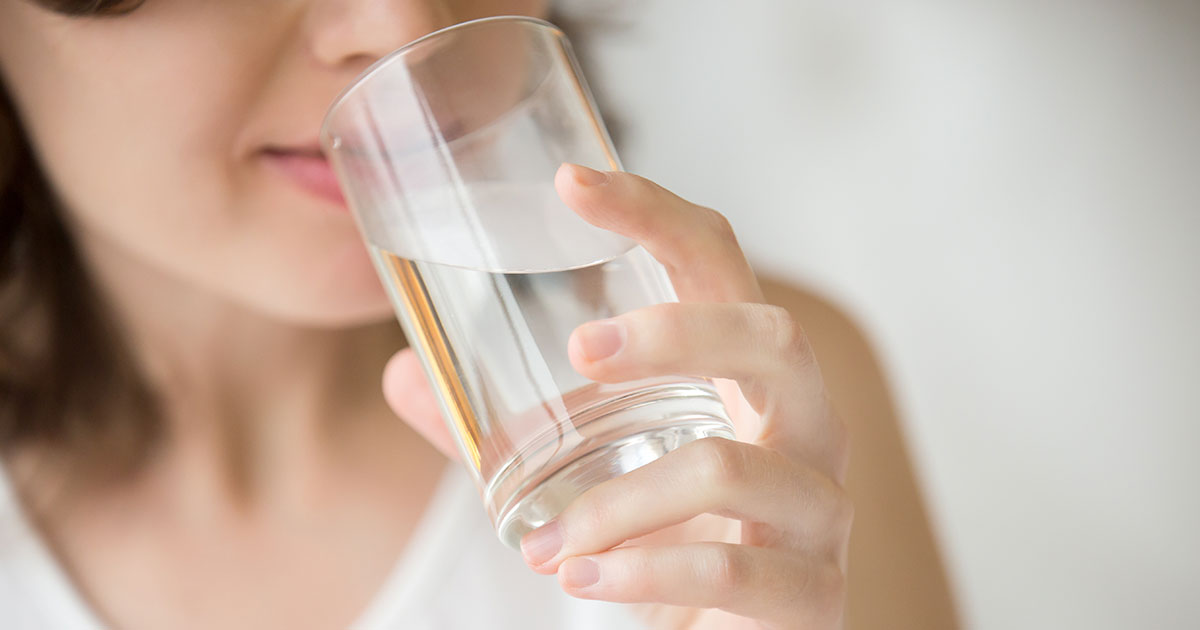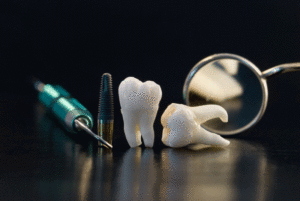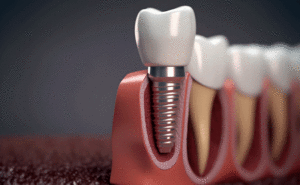When your mouth is dry, it’s more than just annoying. It can actually be harmful to your oral health. Let’s look at the function of saliva in your mouth, as well as the causes of dry mouth, and what you can do about them.
The Role of Saliva in Oral Health
Saliva does much more than just help you chew and digest your food. It also helps protect your mouth from bacteria and other problems.
It dilutes the sugars in the food residue left in your mouth after eating to keep them from breaking down your tooth enamel. It neutralizes acids that can have an eroding effect, and has antimicrobial properties to prevent bacteria growth between brushings. It can even facilitate healing in damaged tissue, such as sores or wounds inside your mouth. Clearly, saliva is very important. Which is why a dry mouth can be so harmful to your oral health.
What Causes Dry Mouth?
Here are a few possible causes…
- Medications. Many medications, both prescription and over the counter, have dry mouth as a side effect, particularly those that treat high blood pressure, depression, and anxiety. Cancer chemotherapy drugs can also have an effect on saliva production.
- Diseases. Diabetes, stroke, Alzheimers, AIDS, yeast infections, and a few other diseases can all lead to dry mouth.
- Age. Many people experience dry mouth as they get older, often due to the diseases and medications we’ve already discussed.
- Lifestyle. If you drink, smoke, or do certain recreational drugs, it can cause dry mouth.
What Can You Do About Dry Mouth?
Particularly if you know the specific cause there are a few steps you can take to help your mouth produce more saliva.
- Lifestyle Changes. If you engage in activities that can contribute to dry mouth, such as smoking, drinking, or recreational drugs, cutting those activities out of your life can help increase your saliva production, as well as improving your overall health. Reducing your caffeine intake can help as well.
- Proper Oral Hygiene. Brush regularly with a fluoride toothpaste to keep your mouth healthy and reduce dryness. If you use mouthwash, make sure your brand doesn’t contain alcohol, which, as we’ve discussed, can have a drying effect.
- Environmental Changes. Making sure there’s more moisture in the air can ensure more moisture in your mouth as well. Think about investing in a humidifier for your home to counteract dry air
- Diet and Water. As we’ve said, two of the functions of saliva are diluting sugar in your mouth and neutralizing acids. But if you’re eating foods with too much sugar, and/or a high acidity level, it can overwhelm your mouth and dry it out. Changing your diet to reduce your intake of these harmful foods can help increase saliva production again. You should also drink more water, rather than sugary drinks.
- Floss Everyday – One irritating symptom of gum disease is dry mouth. Gum disease is preventable, and one crucial step to preventing it is flossing every day. Flossing cleans two areas that brushing doesn’t – in between your teeth and where your gums meet your teeth.
- See the Dentist. Visit the dentist every six months to ensure good oral health overall. They can also help you find the root cause of your dry mouth and provide specific ways to get rid of it.
If you’re suffering from dry mouth, contact Caven Dental today to set up an appointment.



